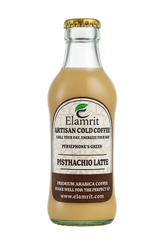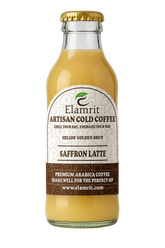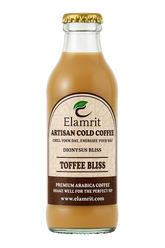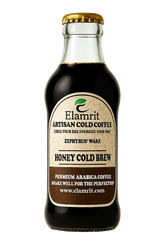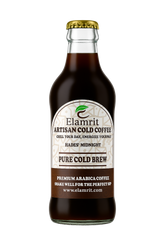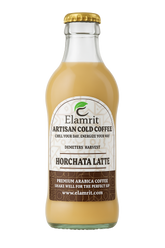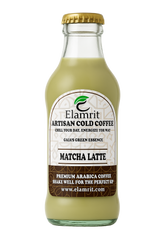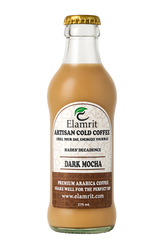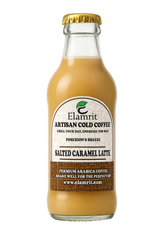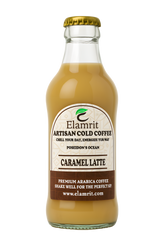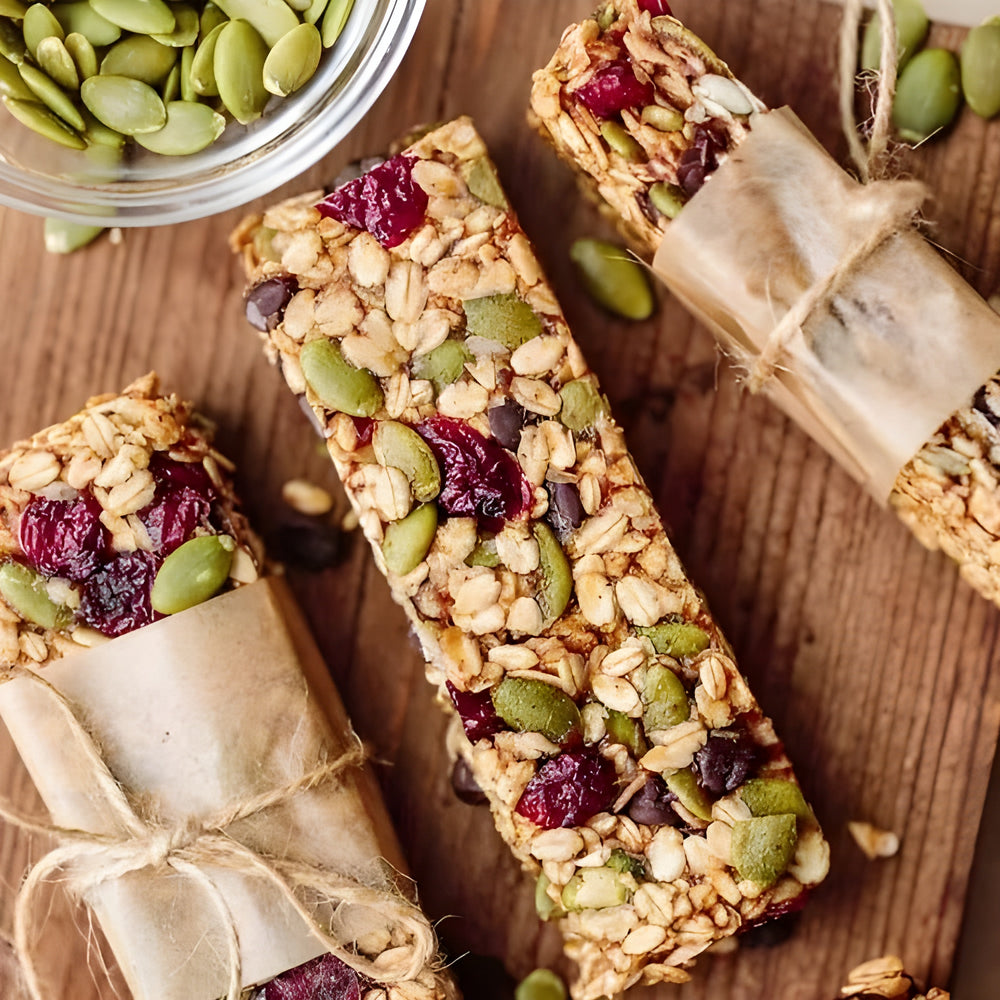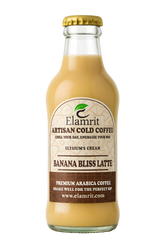Kombucha, Is This Fermented Tea Good For Your Gut?
Quick Take
• Kombucha is fermented tea, made with tea, sugar, and a SCOBY (symbiotic culture of bacteria
and yeast).
• It carries probiotics that can support gut health, but the amount can vary.
• Also provides antioxidants, organic acids, and a small amount of B vitamins.
• Research is still early, most studies are small or animal-based.
• It can be high in sugar if flavored, so check the label.
What Is It
Kombucha
Kombucha is made by brewing tea, adding sugar, and fermenting with a SCOBY. The SCOBY looks
like a thick disc, it contains yeast and bacteria that eat the sugar and produce acids, gases, and
trace alcohol. The drink is fizzy, tangy, slightly sweet, and can be flavored with fruit or herbs.
Kombucha has been consumed in China for over 2,000 years, later spreading to Russia, Europe,
and now worldwide. It provides organic acids, probiotics, and antioxidants from tea. The probiotic
count is less predictable compared to yogurt or supplements, because home and commercial
batches vary.
Probiotics, Simple Guide
• Kombucha contains yeasts like Saccharomyces and bacteria like Gluconacetobacter and
Lactobacillus.
• These microbes create organic acids like acetic acid, gluconic acid, and lactic acid.
• CFU counts vary widely, depending on brand and fermentation time.
• Like other fermented foods, regular intake matters more than occasional use.
What Does Research Suggest
Gut Health
• Animal studies suggest kombucha can support gut lining and microbial balance.
• Probiotics in kombucha may add to overall diversity, but data in humans is limited.
Metabolic Effects
• Some research in animals shows kombucha can help regulate blood sugar and cholesterol.
• Early human reports suggest better digestion, but large trials are lacking.
Antioxidants
• Since it is made with tea, kombucha carries polyphenols, which fight oxidative stress.
• Fermentation may make some compounds more bioavailable.
Caution
• Homemade kombucha can carry risk of contamination if not prepared carefully.
• It may contain small amounts of alcohol, usually under 0.5 percent in commercial brands.
• People with weak immune systems or pregnant women should consult a doctor before regular
use.
Nutrients per Cup (approximate, varies by brand)
Nutrient Kombucha
Calories 30–40
Protein 0 g
Carbohydrates 7–8 g
Fiber 0 g
Fat 0 g
Sodium 10–15 mg
Which One Should You Choose
• If you like fizzy, tangy drinks, kombucha can be a refreshing option.
• If you want a lower sugar choice, check the label, some brands add extra juice.
• For antioxidants, tea-based kombucha provides extra polyphenols.
• For probiotics, amounts vary, but it can add to your fermented food intake.
• Best choice, the one you enjoy and can drink regularly without overdoing sugar.
Final Word
Kombucha is a fermented tea that brings probiotics, organic acids, and antioxidants. Research is
promising but still in its early stages, and the probiotic content can vary between batches. If you
enjoy its taste and tolerate it well, kombucha can be a good addition to your gut-friendly foods list,
alongside options like sauerkraut and kimchi.


